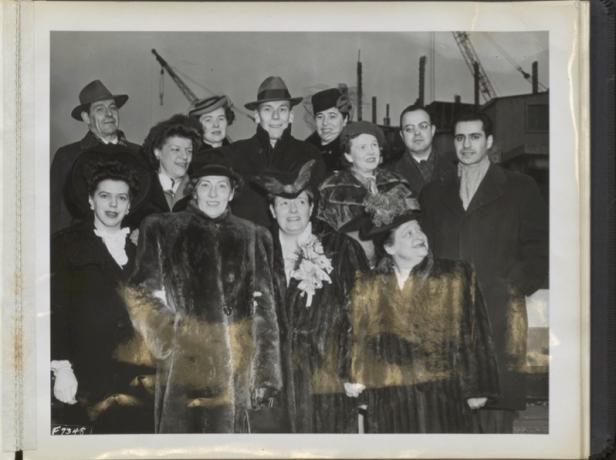The New Yorker just reviewed Paramount+'s new streaming series, Fellow Travelers. I'm so glad to see more media about the blacklist era, especially stories that explore the sordidness of anti-communists like Joseph McCarthy and Roy Cohn (who were front men for a dense network of gossips and homophobes).
And, I hope shows like this might inspire more folks to remember all the queer women who worked in the spotlights and, more often, the margins of 1940s and 1950s television. This is as much a shortcoming of media history in the academy as it is media industries' notorious neglect of women.
Without accounts of these women, we miss key parts of media history as well as the opportunity to tell stories that show women's efforts to succeed in industries that shunned them. Take Mary Margaret McBride, for example, arguably the most popular radio interview host of the first half of the twentieth century, whose audience ranged from 8-10 million listeners. McBride offered a platform for other women in industry and she was part of a network of women in radio, publishing (especially women's magazines, an industry where women often sought refuge with other likeminded people), film, and television. She lived with her manager, Stella Karn, for her entire career. That's McBride and Karns in the first row, right to left, christening a ship during World War II.
Or take Margaret Webster, who produced and directed a production of Othello, starring Paul Robeson, Uta Hagen, and Jose Ferrer, that still holds the record for number of performances on Broadway (told that no one would see Othello with a Black man in a starring role, Webster financed the production herself).
And they're just the tip of the historical iceberg.
